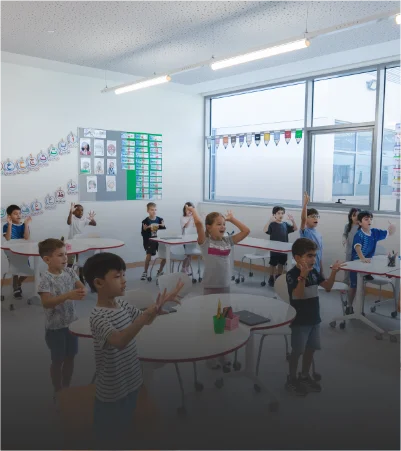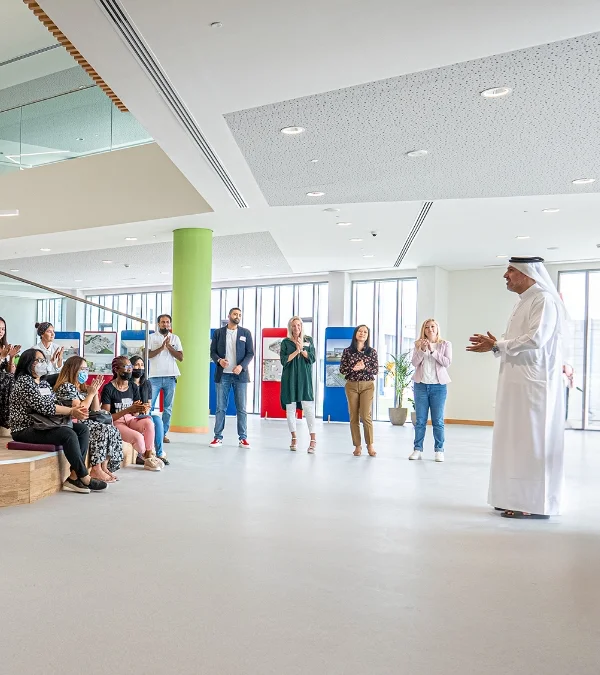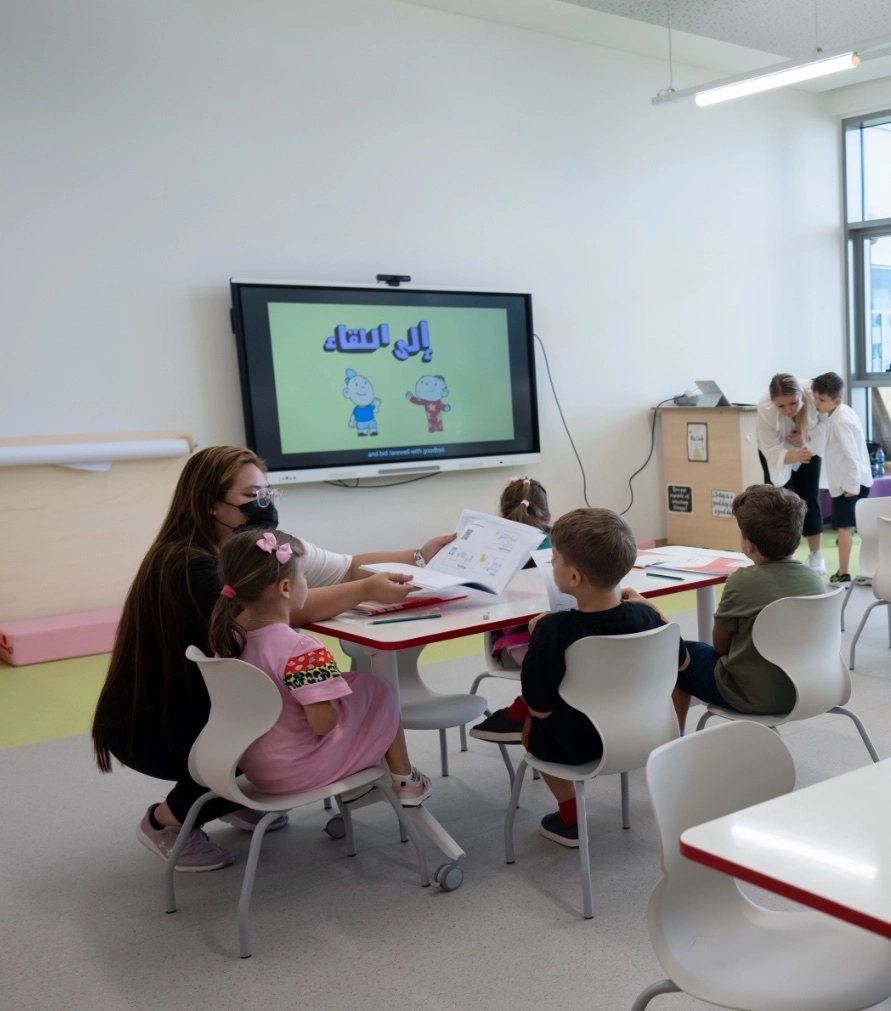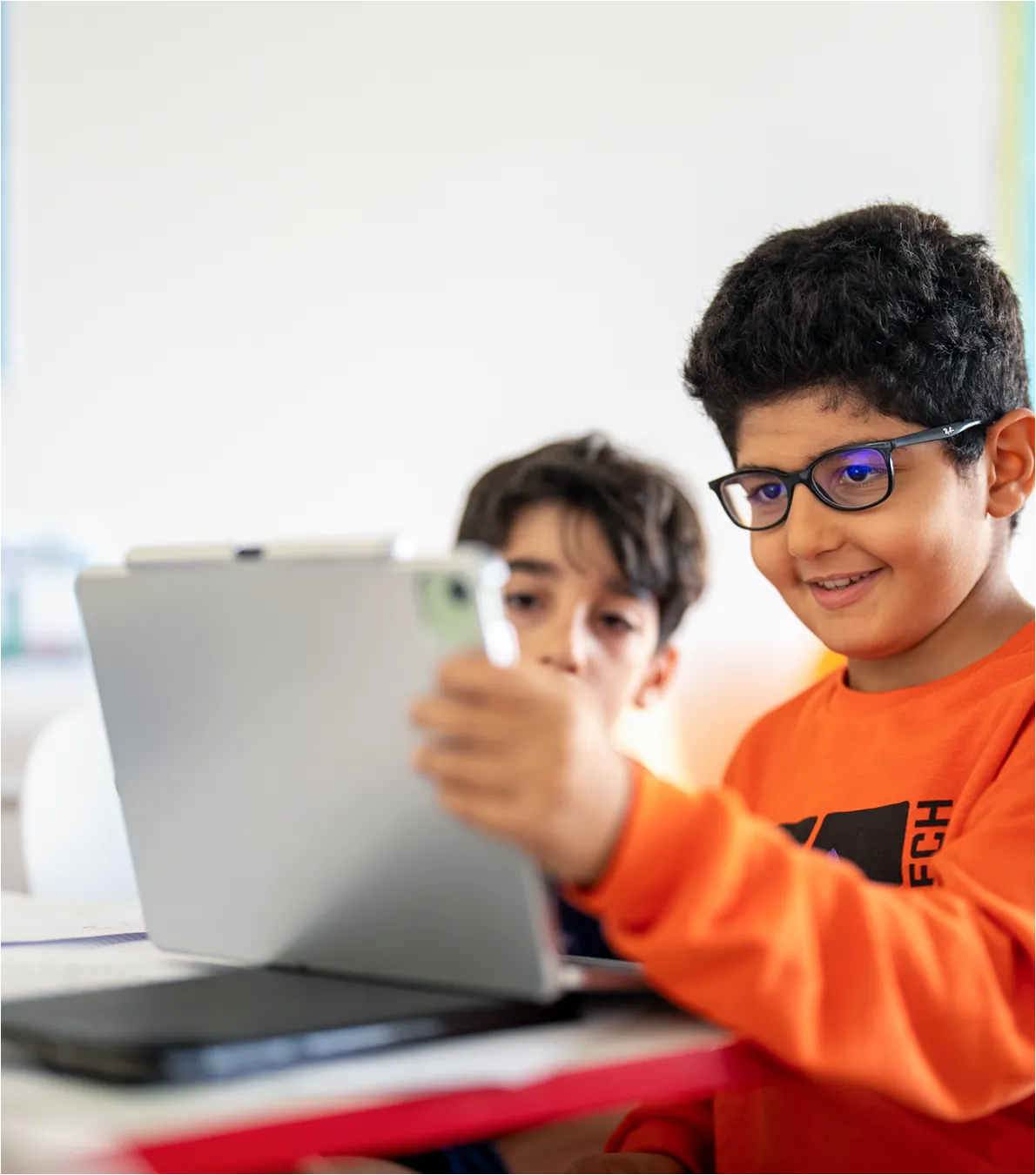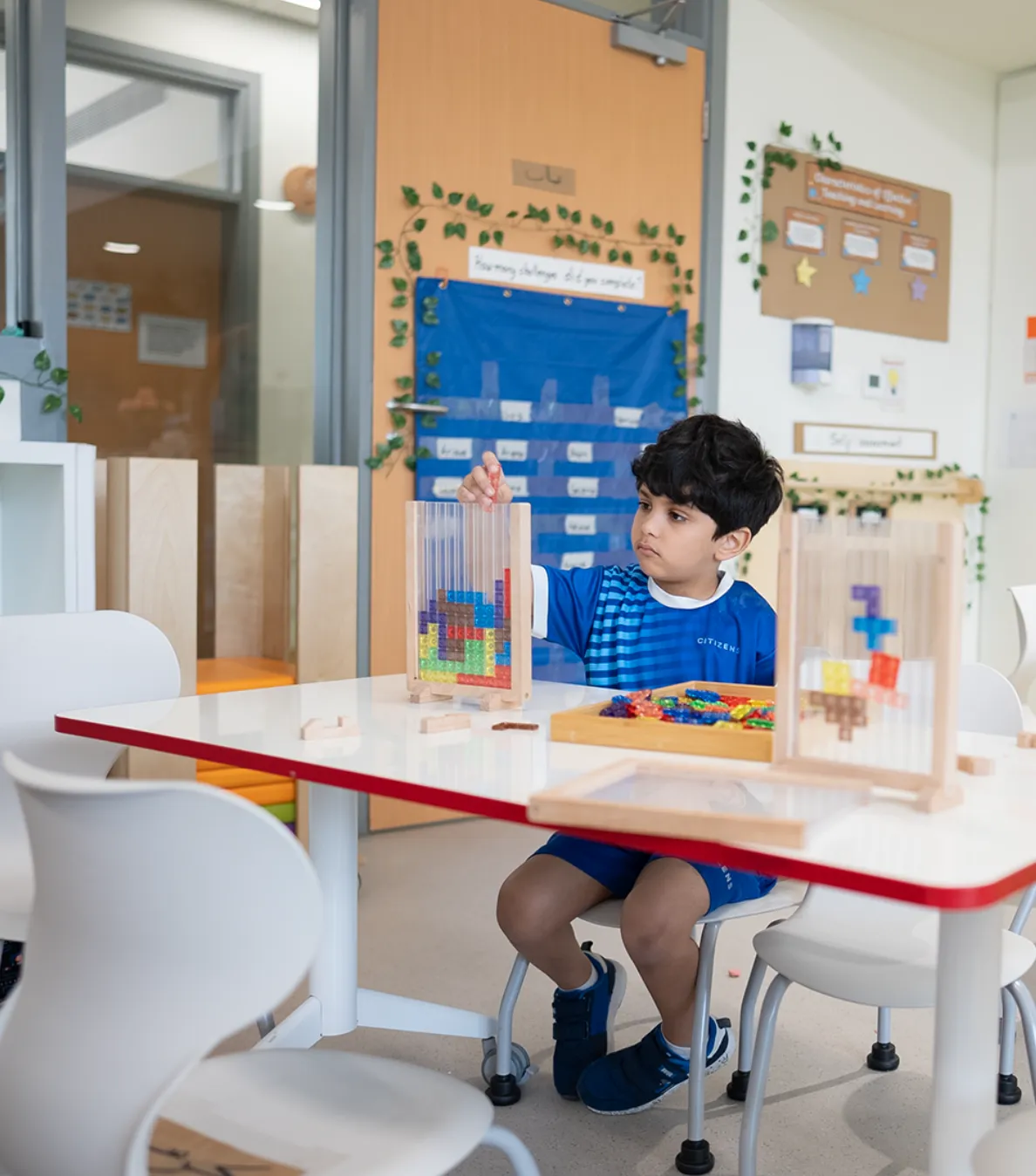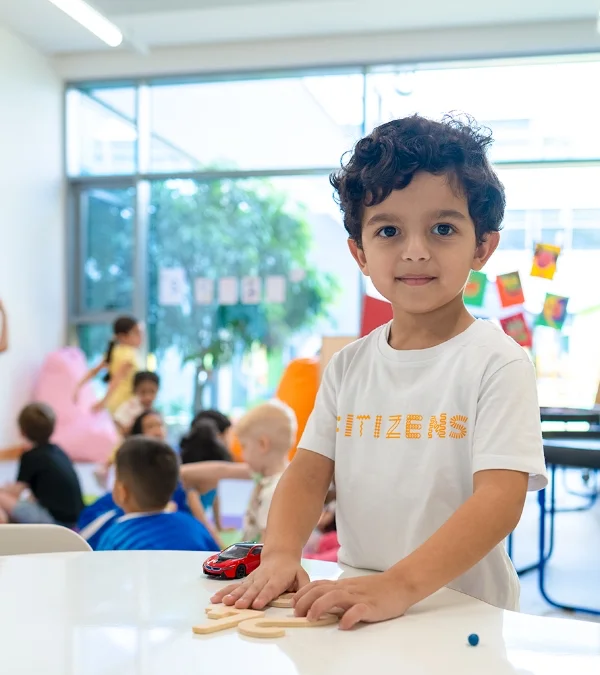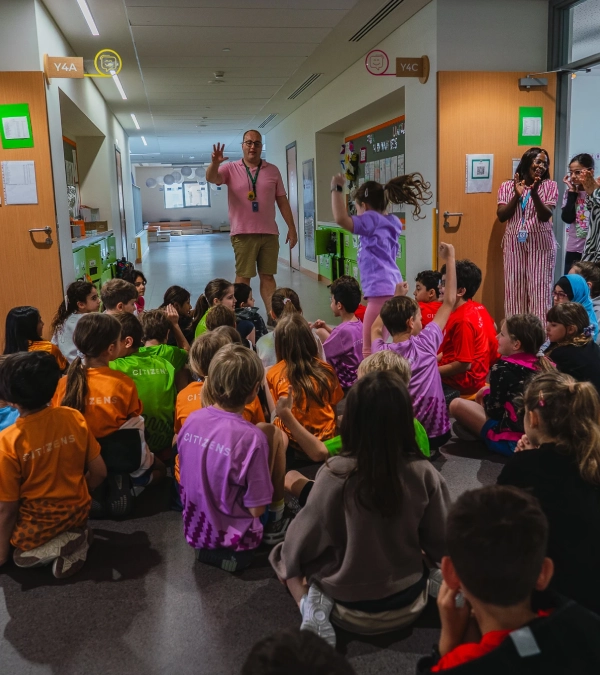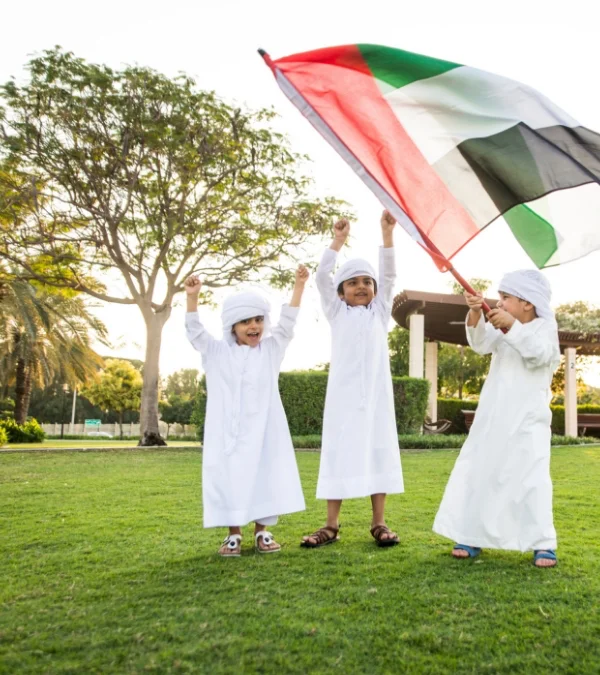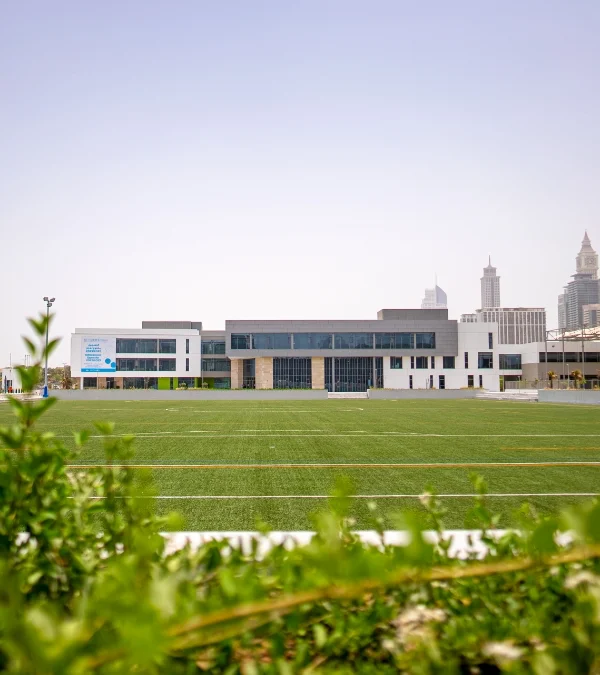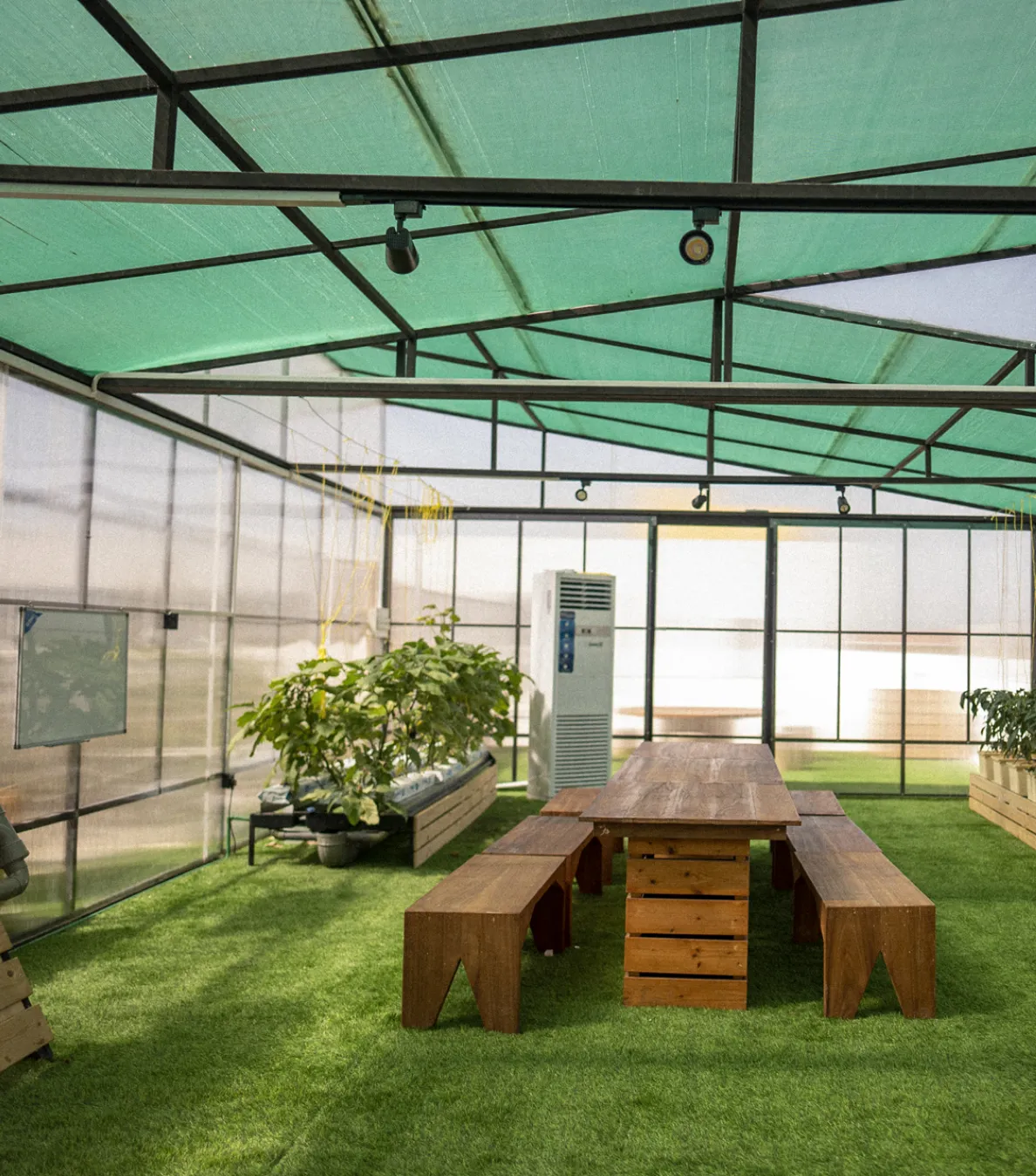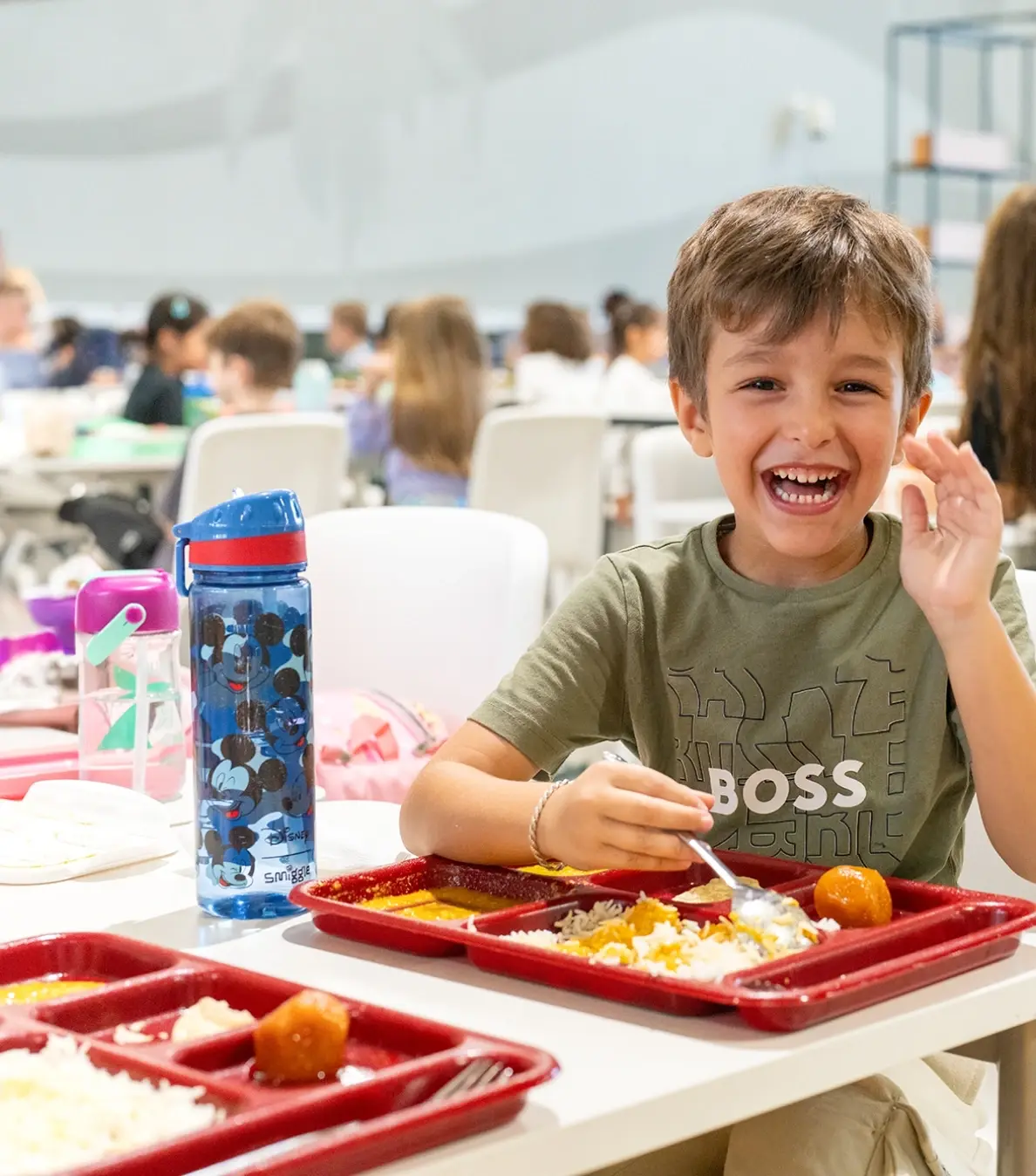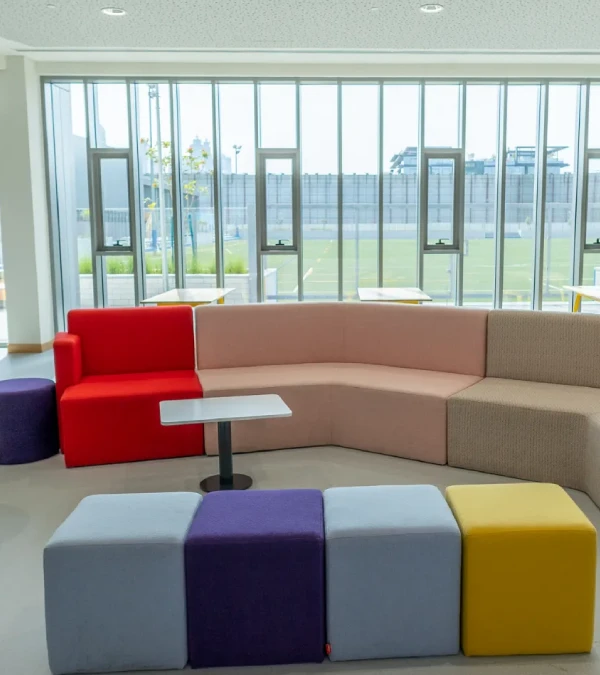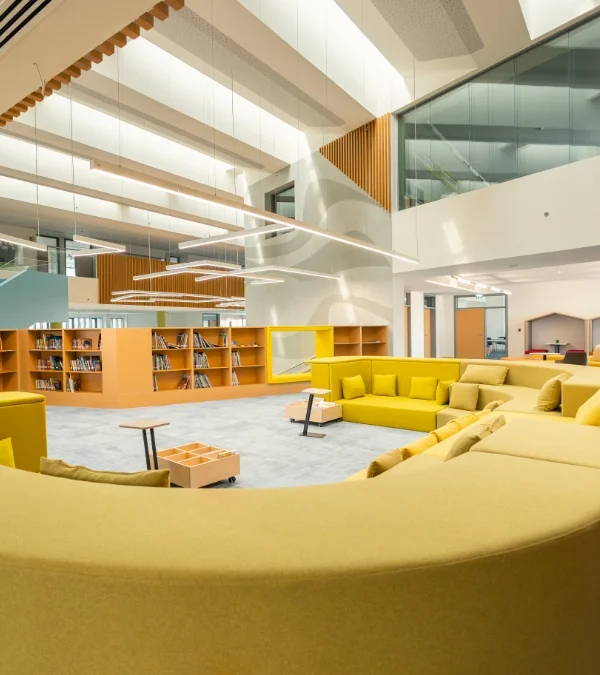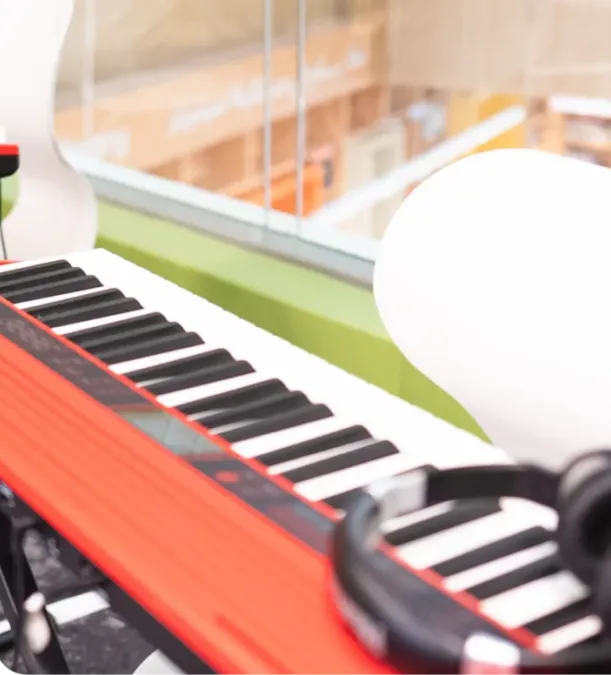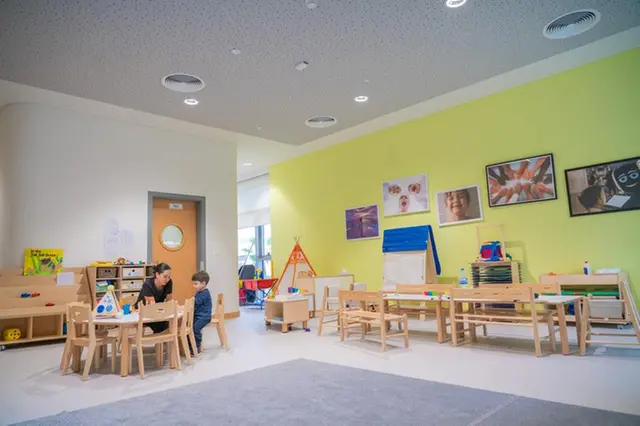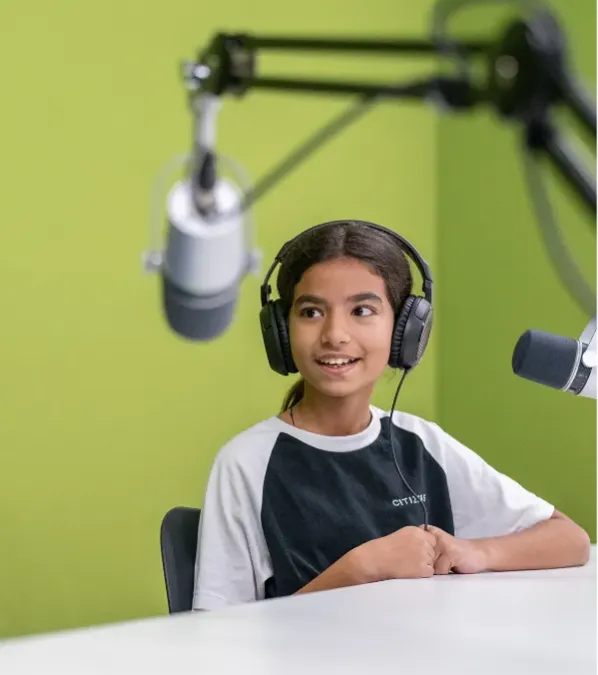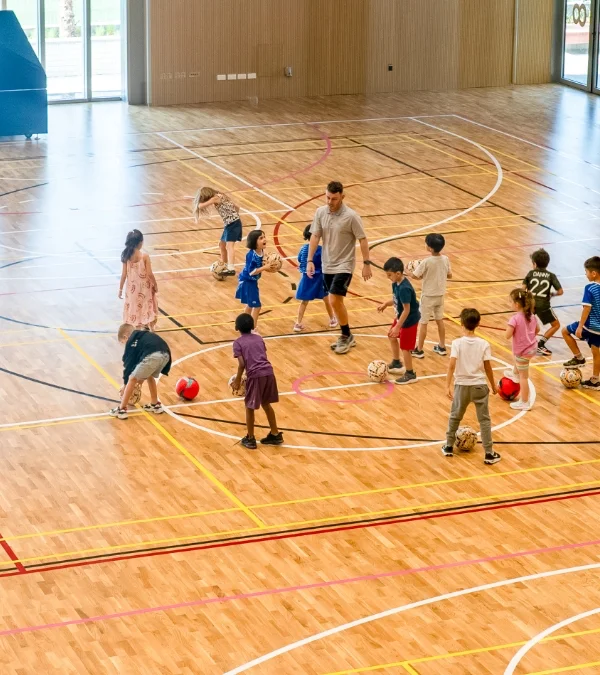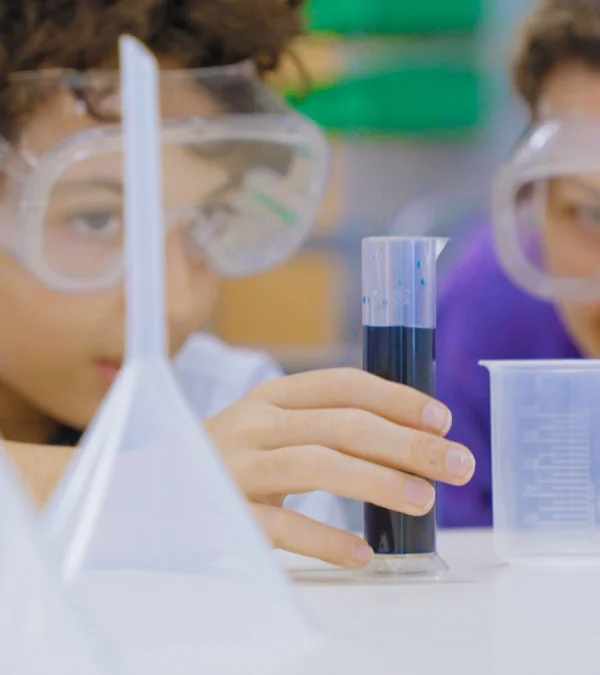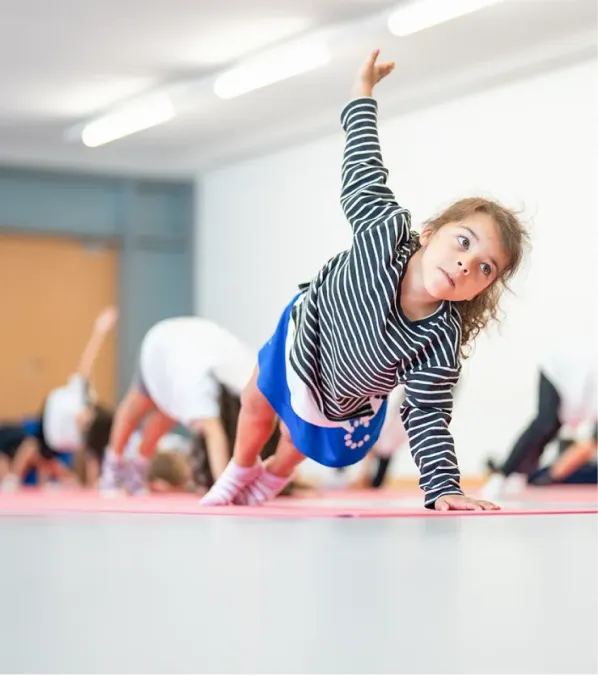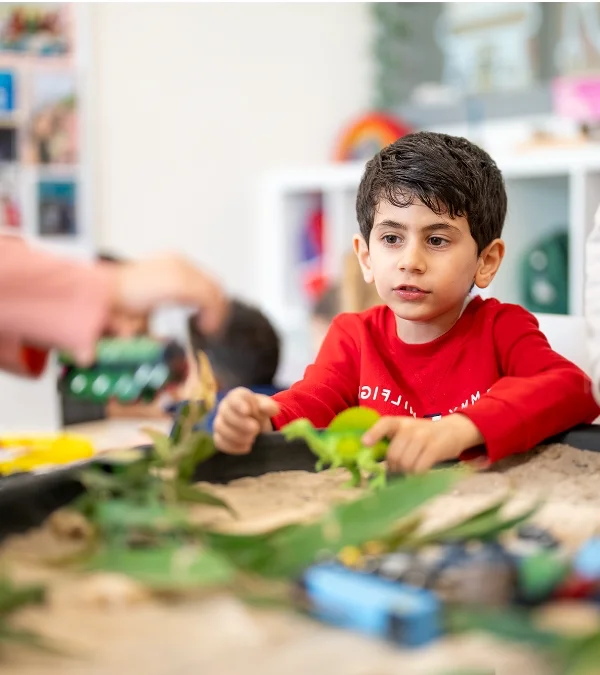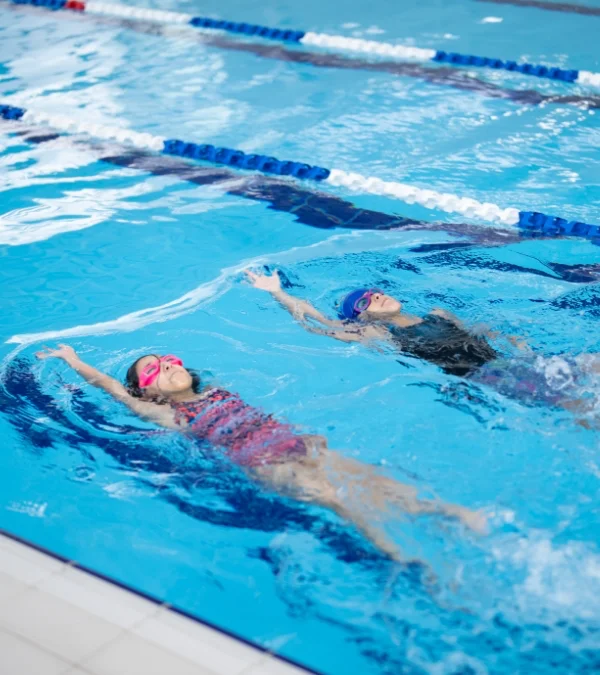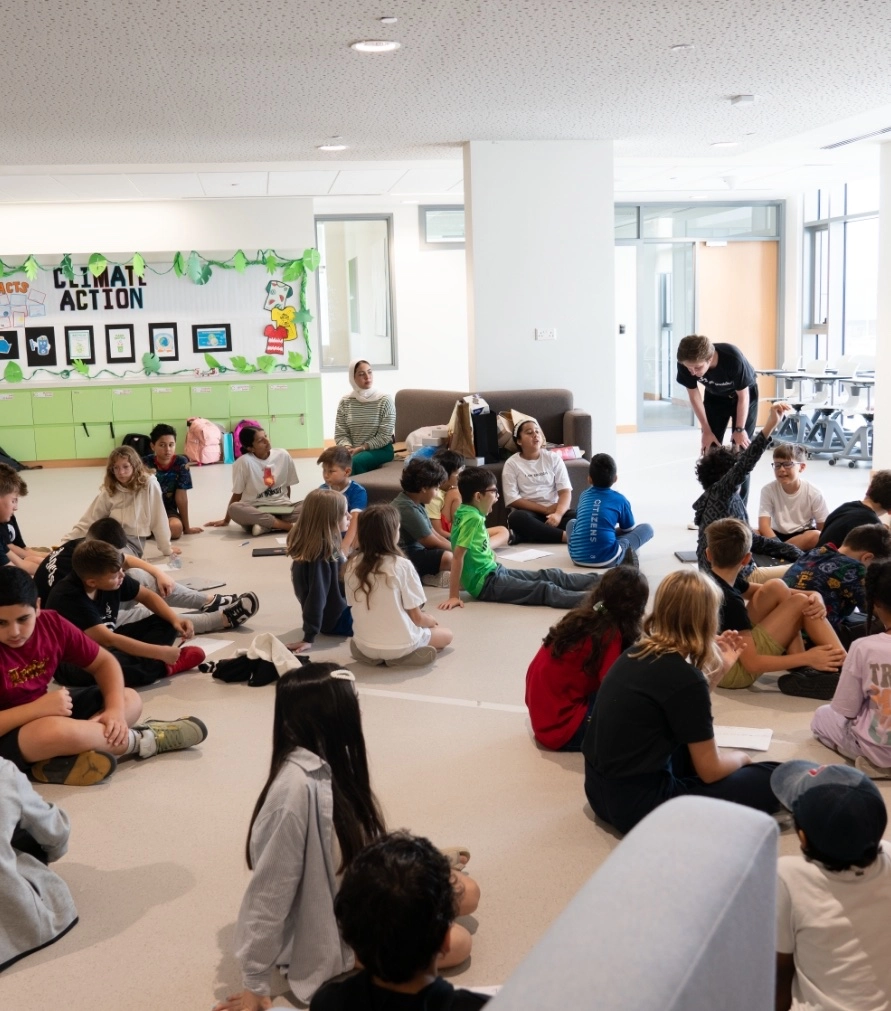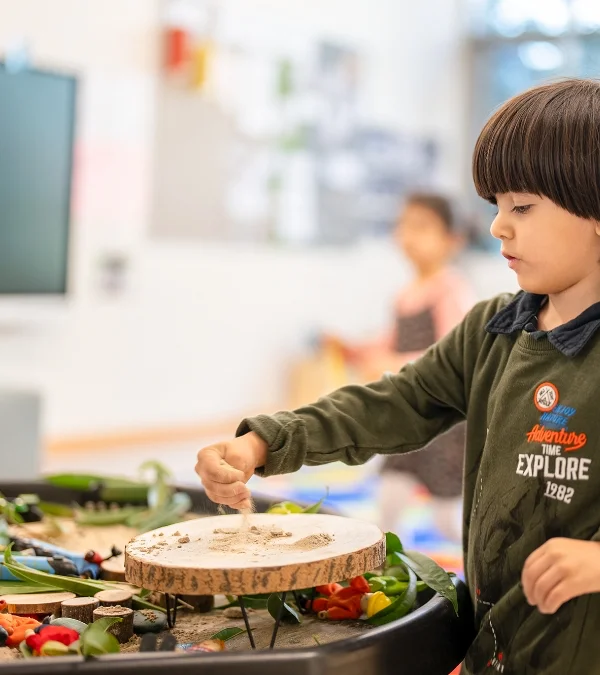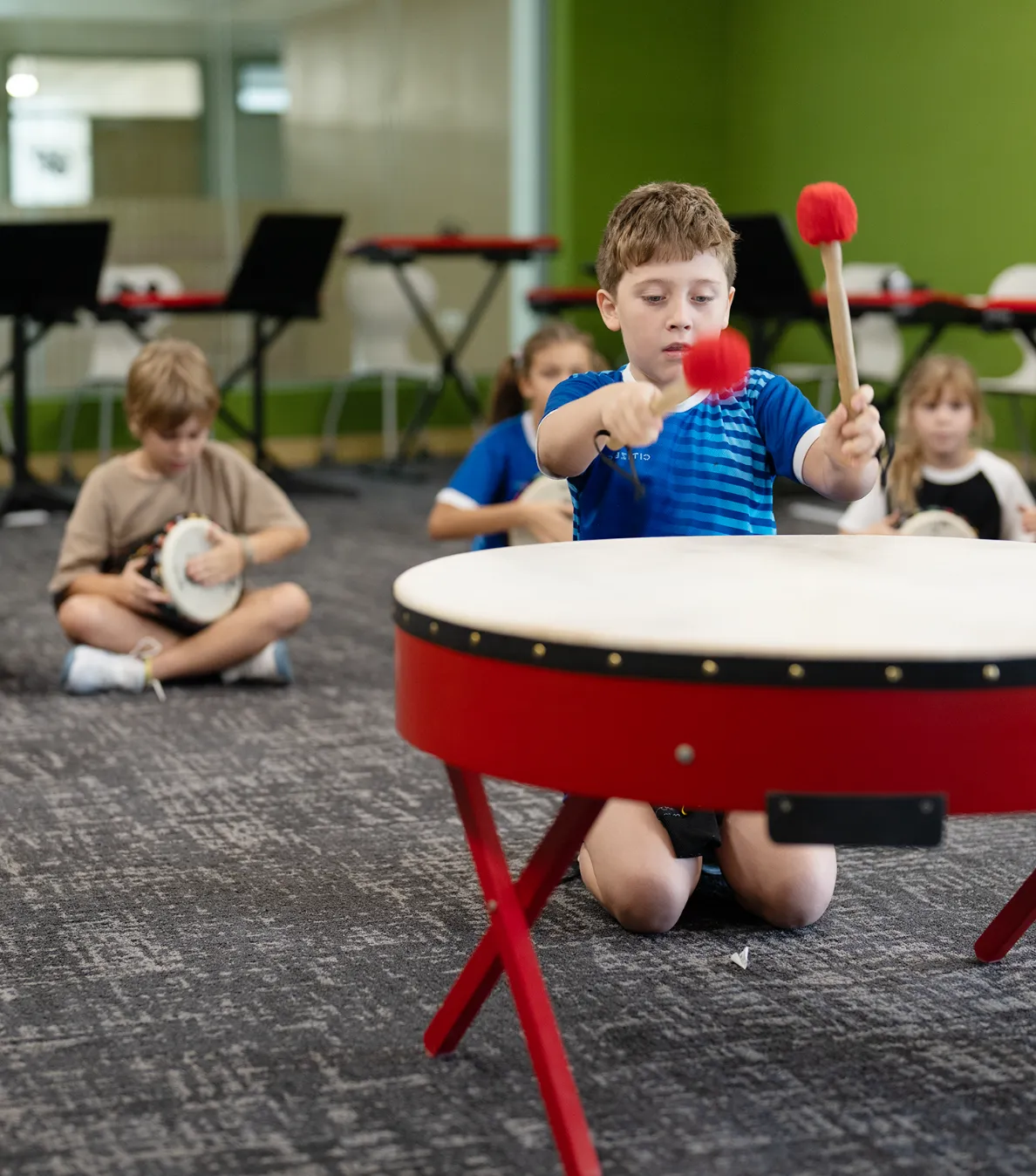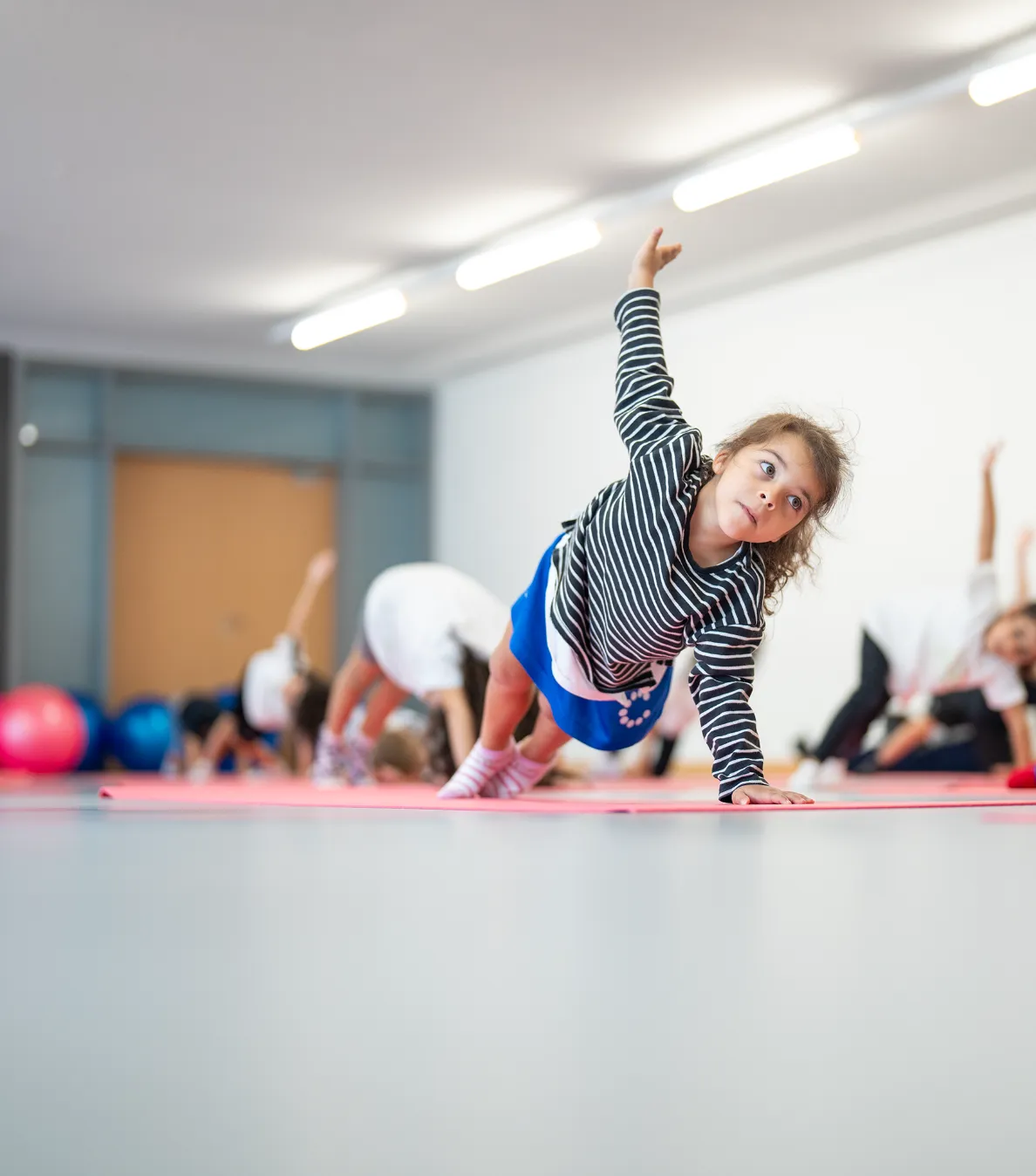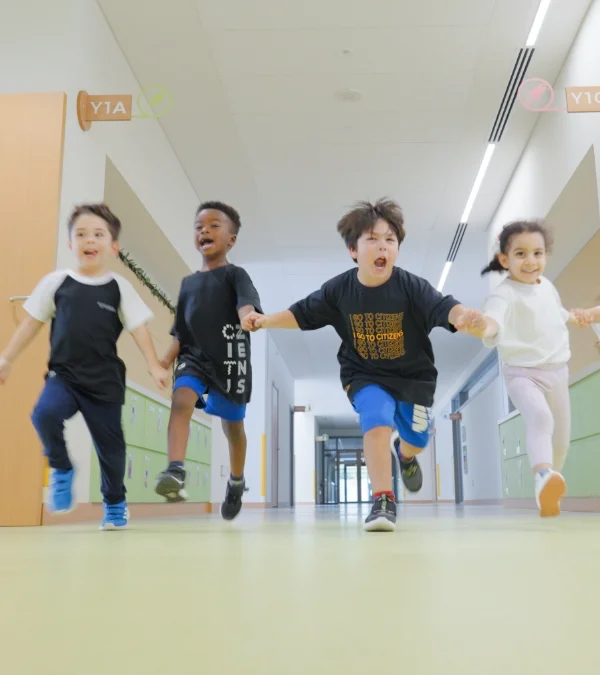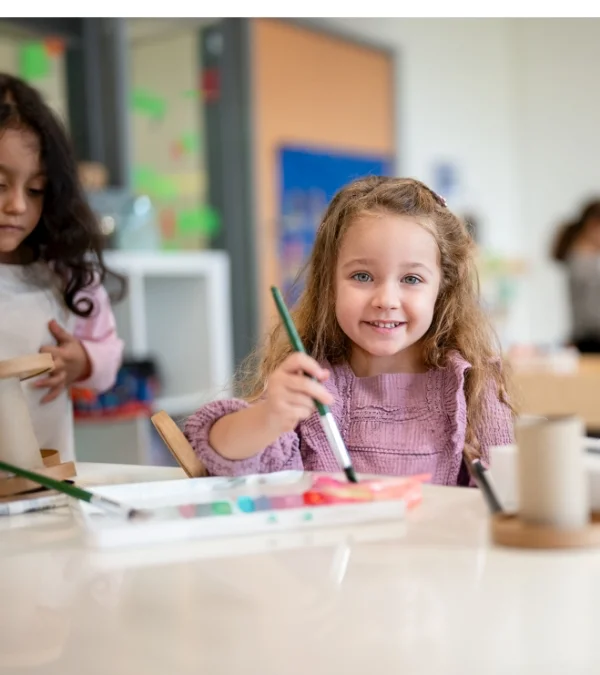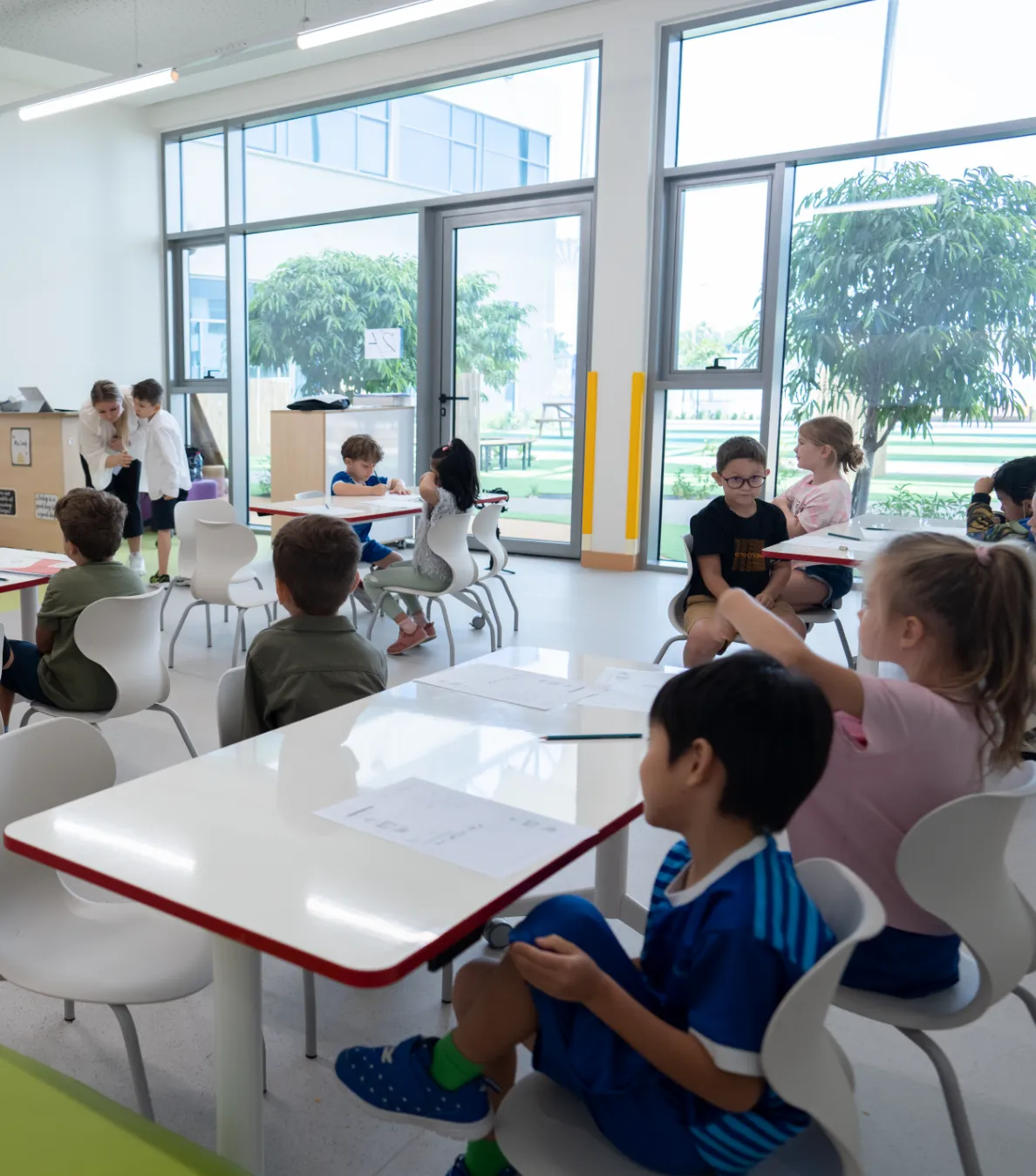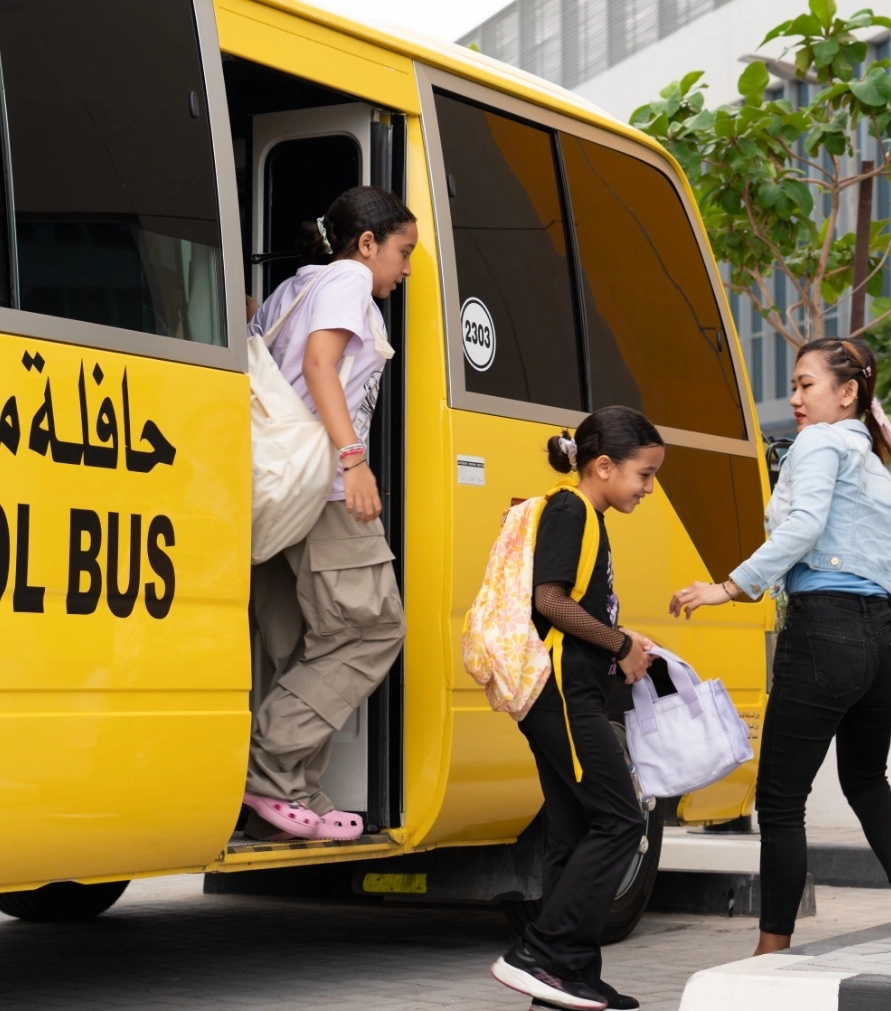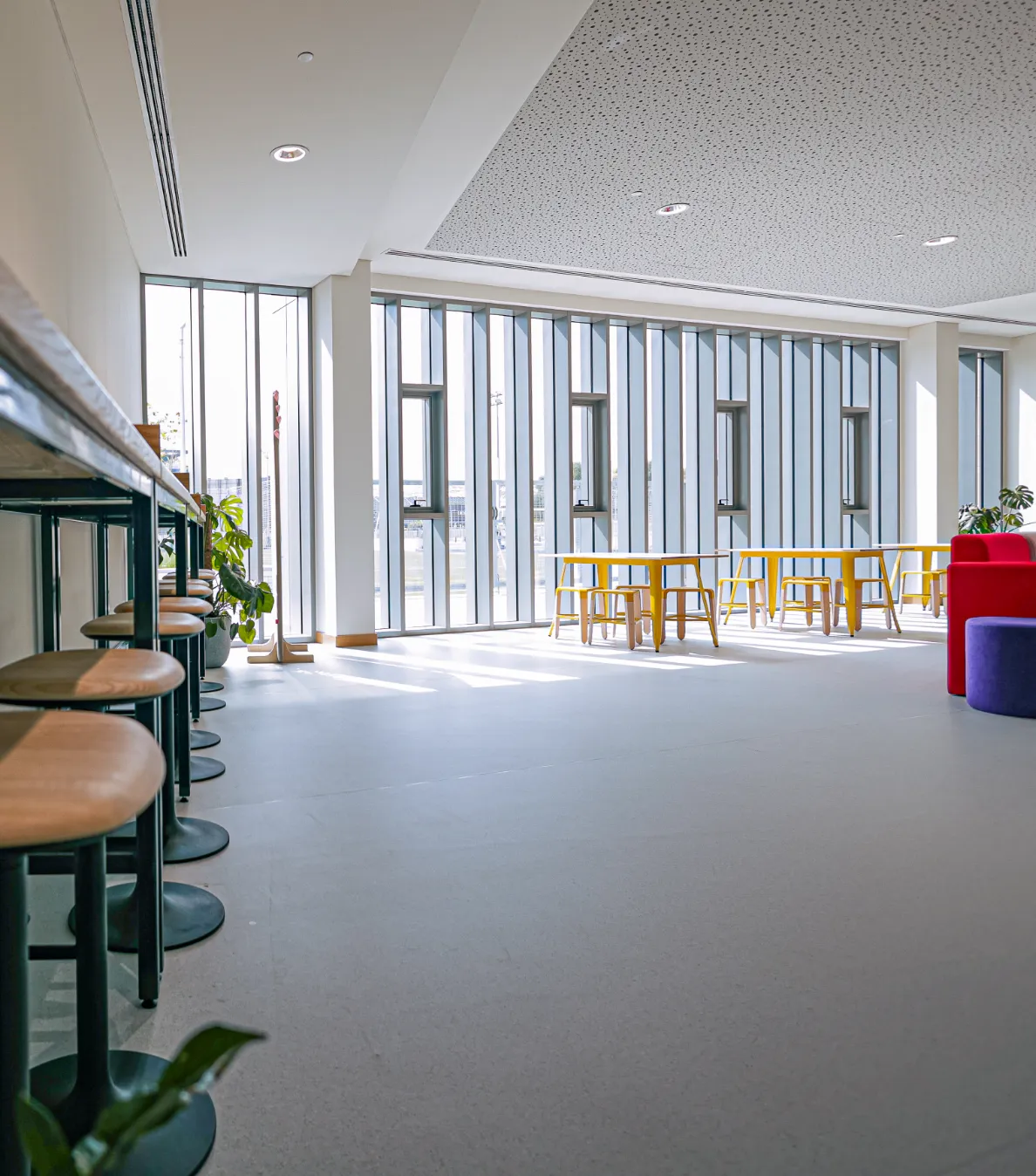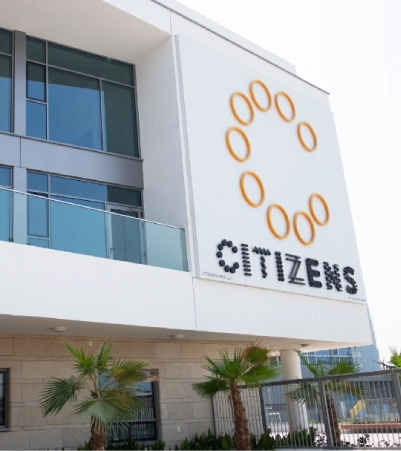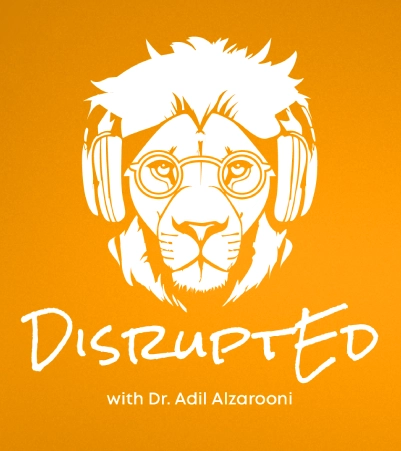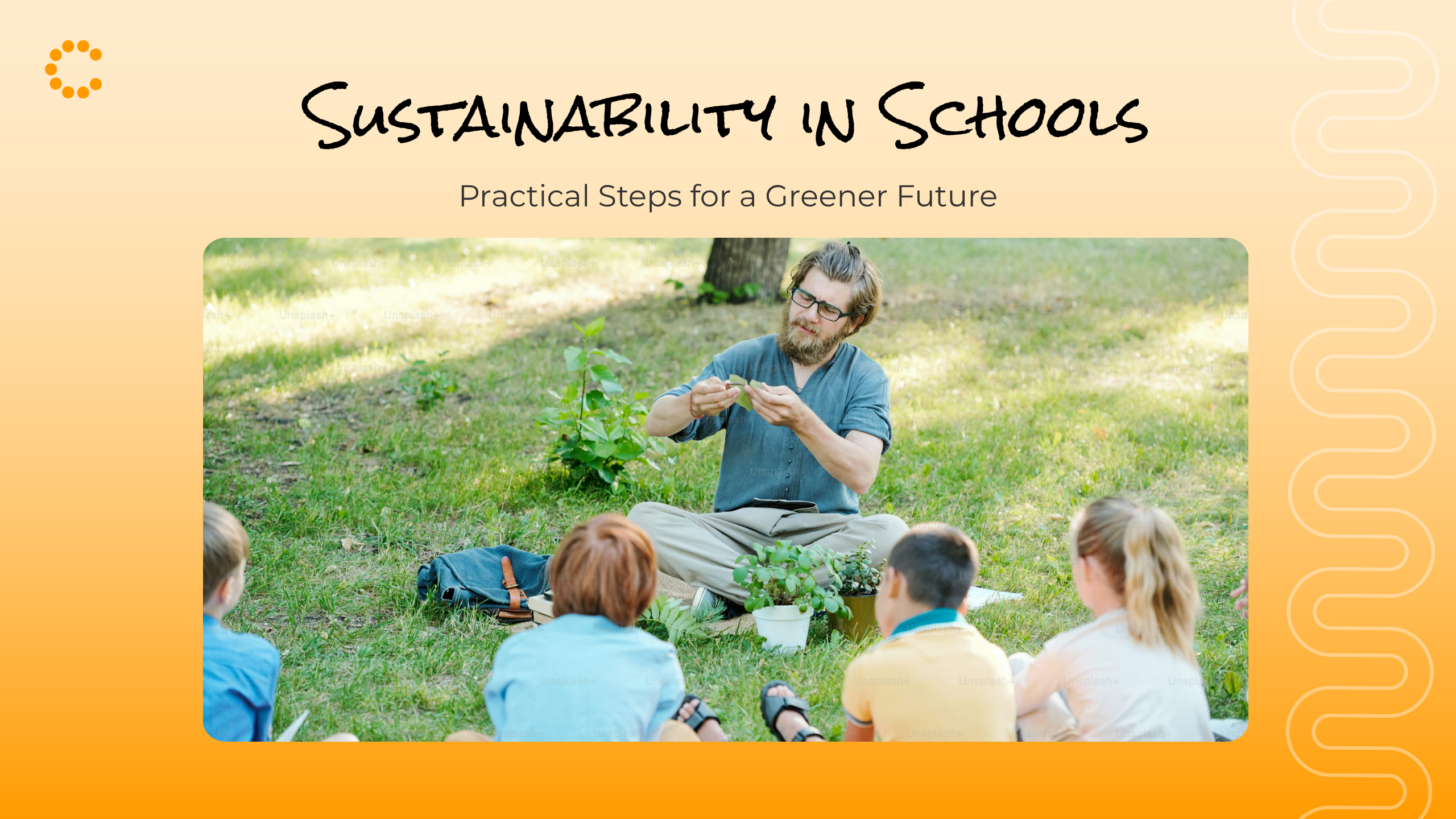
Sustainability in Dubai Schools: Practical Steps for a Greener Future
Sustainability in Dubai schools is no longer a peripheral concern; it is a fundamental requirement of modern education. At its core, sustainable development in education means meeting the needs of today without compromising the ability of future generations to meet their own. Schools play a pivotal role in instilling this principle from an early age.
When children learn about energy conservation, waste reduction, and responsible consumption in their formative years, they are more likely to carry these practices into adulthood. Research highlights that environmental education helps learners develop not just knowledge but also the skills and values needed to address global challenges. Early exposure turns sustainability from an abstract idea into a daily practice.
At Citizens School, sustainability is a core value. By embedding it into teaching, infrastructure, and community life, the school prepares learners to think critically about their environment and act responsibly within it.
The Role of Schools in Building a Greener Future
Schools shape more than academic knowledge; they influence behaviours, priorities, and values that ripple across communities. When schools adopt green practices for Dubai schools, they become role models, showing learners and families how small actions can lead to meaningful change.
The role of sustainability in schools encompasses three key domains: curriculum, infrastructure, and culture.
- A curriculum that includes environmental education prepares learners to recognise and respond to ecological challenges.
- Infrastructure, such as energy-efficient classrooms and water-saving systems, reduces environmental impact while serving as live examples of applied learning.
- Culture includes daily routines, events, and community involvement, cementing sustainability as a way of life rather than a one-off initiative.
Citizens School exemplifies this holistic approach by blending academic goals with environmental responsibility. Whether through project-based learning, eco-friendly initiatives in Dubai education, or learner-led projects, the school ensures that sustainability is integrated into the learner’s journey.
Practical Steps Schools Can Take
Building a genuinely sustainable environment in schools means embedding eco-consciousness into everything. It’s about creating a culture where green actions are natural and not niche. Here’s how schools can bring that vision to life:
1. Curriculum Integration
One of the most effective practical steps for greener schools is through curriculum design. Environmental concepts should not exist in isolation but be woven into different subjects. For instance, mathematics lessons can include energy usage calculations, while art classes might encourage upcycling projects using discarded materials.
Project-based learning brings these ideas to life. Activities like waste audits, recycling drives, and neighbourhood cleaning campaigns teach learners how to analyse problems and design actionable solutions. These projects also foster teamwork, problem-solving, and civic responsibility.
By connecting sustainability across subjects, schools avoid the pitfall of treating it as a “special topic” and instead present it as a central thread in everyday life.
2. Green Infrastructure
The physical environment of a school is a teaching tool in itself. Investing in green practices for Dubai schools demonstrates commitment while reducing operating expenses in the long run. Energy-efficient classrooms equipped with LED lighting and solar panels reduce emissions while teaching learners about renewable energy systems.
Water conservation is another critical area. Rainwater harvesting units, low-flow taps, and greywater recycling can reduce dependency on municipal water sources. Biodiversity gardens and green playgrounds enhance air quality and serve as living laboratories for biology lessons.
Learners internalise these practices as standard rather than exceptional when they observe that their classrooms are designed with sustainability in mind.
3. Daily Habits and School Culture
Culture cements commitment. Reducing single-use plastics in canteens, promoting paperless communication, and encouraging digital submissions all help cut waste while normalising eco-friendly practices.
Transport choices also matter. By encouraging walking, cycling, or carpooling, schools reduce emissions and promote healthier lifestyles. Such measures also foster community spirit among families.
Collectively, these practices cultivate a culture that not only teaches sustainability but actively embraces it.
How Families Can Support Sustainability at Home
School initiatives succeed when families reinforce them at home. Families can support promoting sustainability at home by making small but consistent changes in daily routines.
For instance, providing eco-friendly lunchboxes and reusable water bottles reduces plastic waste significantly over time. Setting up composting or recycling systems at home allows children to participate in waste management directly.
Parents can involve children in sustainable shopping decisions, such as choosing local produce or avoiding heavily packaged items. Even household challenges, like reducing electricity and water usage, can make eco-conscious behaviour engaging through gamification.
When families and schools align, children view sustainability as a shared responsibility rather than a school-only concept.
Linking Sustainability to Future Skills
Sustainable development in education is not only about environmental stewardship; it also prepares learners with future-ready skills. Tackling environmental challenges requires creativity, leadership, and problem-solving abilities, all competencies that the modern workforce demands.
Sustainability also connects to global citizenship. Learners who understand the environmental consequences of their choices are better equipped to participate in global conversations and contribute to solutions aligned with the UN’s Sustainable Development Goals (SDGs).
By cultivating resilience, innovation, and ethical awareness, sustainability education nurtures competencies that extend well beyond environmental concerns. It prepares learners to navigate the complexities of a rapidly changing world.
Citizens School’s Perspective
Citizens School takes sustainability beyond theory by turning it into tangible learning experiences.
Urban Farm Programme: Leading by Doing
One standout initiative is the Urban Farm Programme, which brings together eco-friendly initiatives in Dubai education that empower learners to understand, question, and act on environmental issues. From measuring energy use on campus to exploring waste reduction strategies, children actively participate in shaping a greener school. These projects build problem-solving skills, critical thinking, and a sense of ownership over sustainable change.
Sustainability in Everyday Routines
Beyond projects, Citizens integrate sustainability into daily routines. The Green House initiative showcases how spaces can be designed for eco-conscious learning and community interaction, from rainwater irrigation to greenery that thrives on native plants. In the canteen, efforts to reduce single-use plastics and promote reusable alternatives normalise sustainable habits. These choices, repeated daily, help children internalise eco-consciousness as second nature.
Learning from the Ground Up
Practical, hands-on experiences are central to Citizens’ approach. In the “From Patch to Plate” potato harvest adventure, learners grew and harvested their own crops, gaining first-hand experience of food cycles, soil health, and the value of local produce. Such projects transform abstract lessons on sustainability into memorable, lived experiences.
Empowering Eco-Warriors
At Citizens School, the Eco-Warriors team gives learners leadership opportunities in sustainability. It ranges from organising awareness campaigns to guiding peers towards eco-friendly choices. By empowering learners as environmental ambassadors, we nurture resilience, empathy, and a strong sense of collective responsibility.
Conclusion
Sustainability in Dubai schools is essential. By embedding it into curriculum, infrastructure, and culture, schools prepare learners not just for academic success but for responsible global citizenship. Families strengthen the impact by promoting sustainability at home and modelling green choices.
Citizens School stands as an example of how sustainable development in education can shape greener futures. The greener choices schools and families make today will shape the resilience and responsibility of tomorrow’s citizens.
